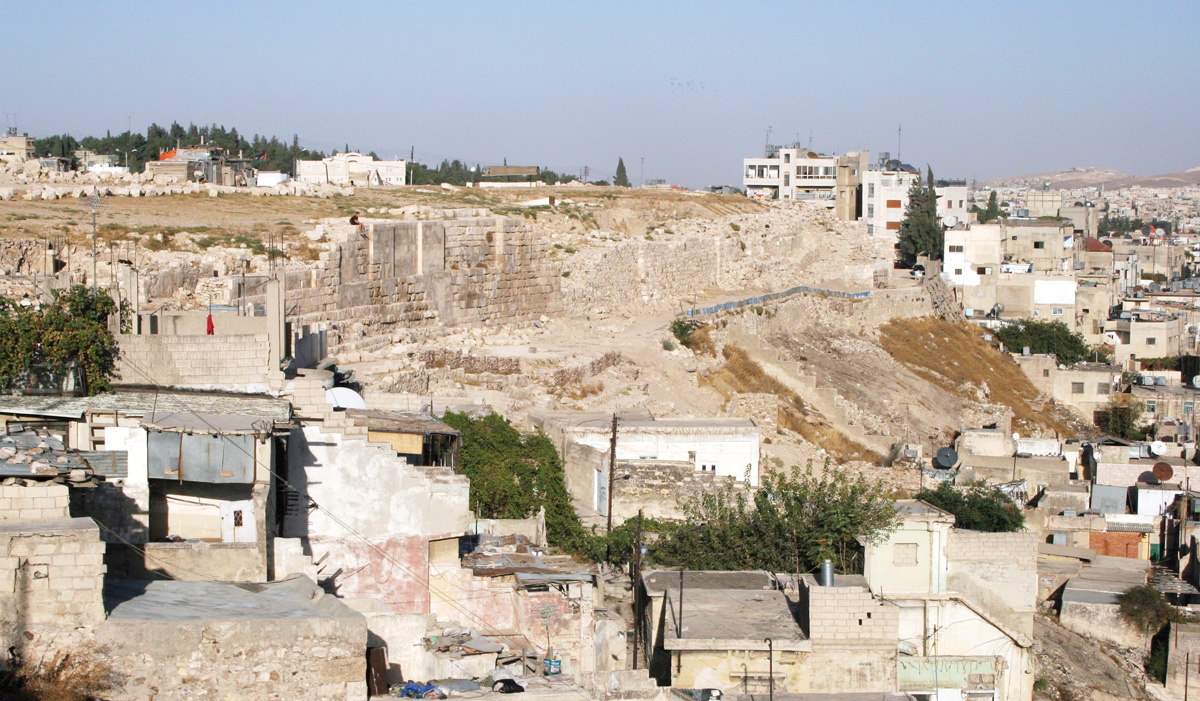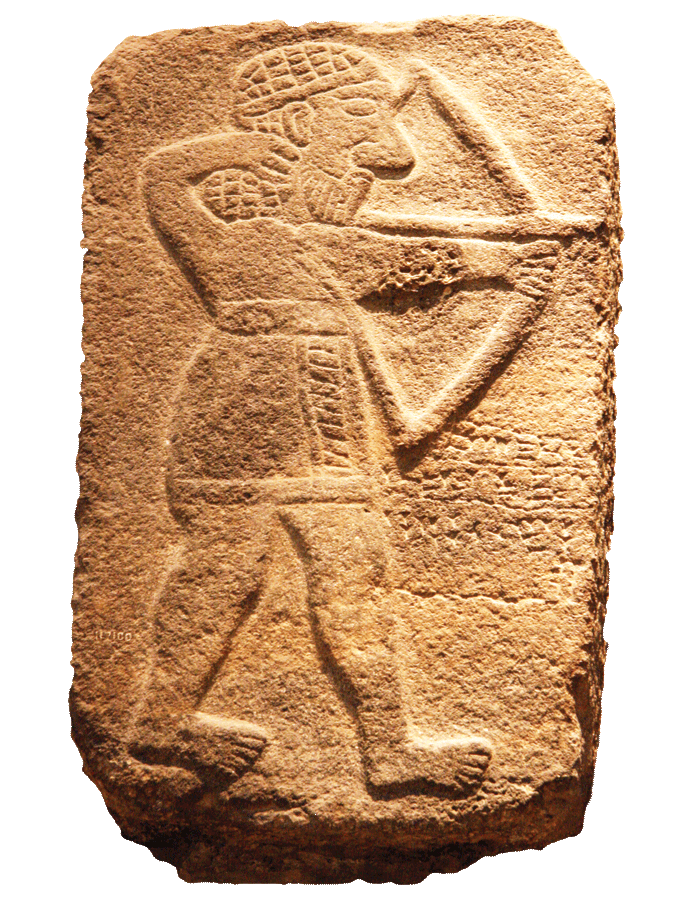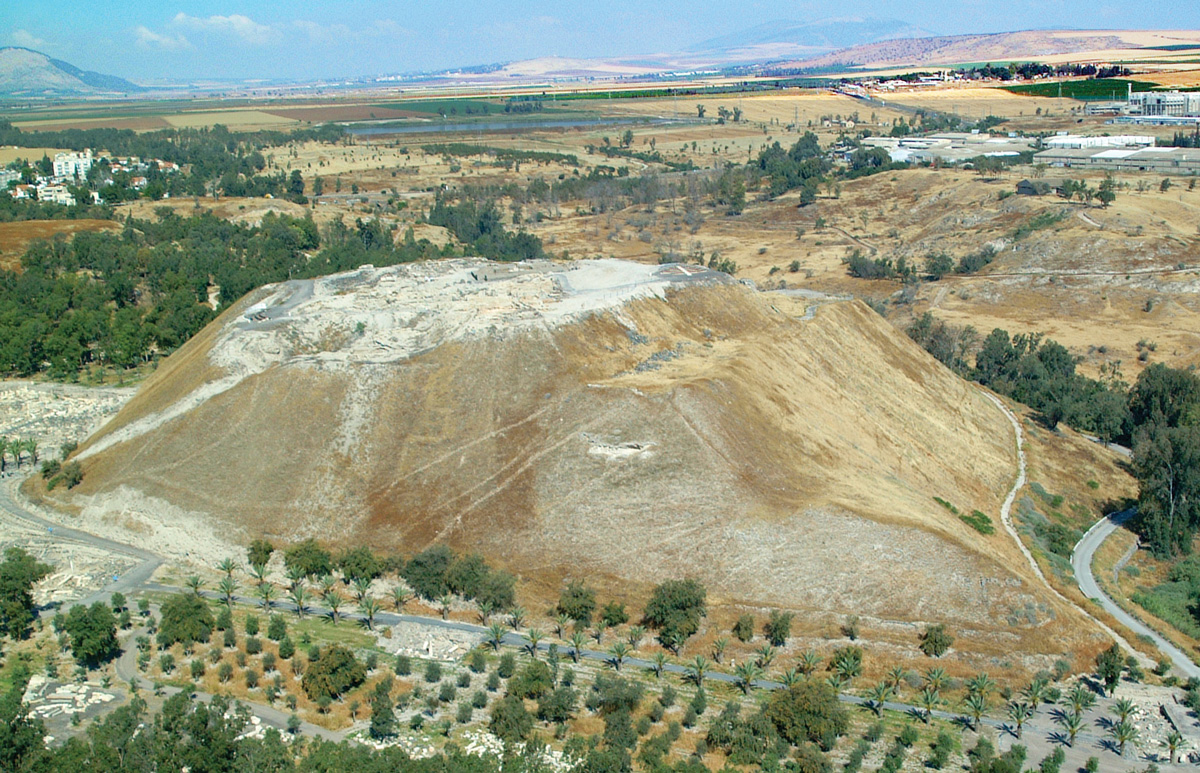1–2 Samuel
The Rise and Fall of David
Central Teaching
David rises to power and restores Israel to a proper worship of God, but his affair with Bathsheba tarnishes his reign, undermining many of his great accomplishments.
Memory Verse
Setting
At the end of Judges the situation is extremely grim in Israel, both morally and theologically. First Samuel opens during the latter years of the judges. Samuel himself is a bridge from the judges to the monarchy, being the last judge as well as the first major prophet since Moses. Saul, the first king, reigns from 1051 to 1011 BC while David reigns from 1011 to 971 BC.

The city of Rabbah (2 Sam. 11:1) was the capital of Ammon. The ruins of this city have been excavated in the center of the modern city of Amman, the capital of Jordan.
Message
First and Second Samuel are primarily about David, the hero who delivers Israel from the mess at the end of the book of Judges. Samuel’s role is transitional; he institutes the monarchy and anoints the first two kings. Saul, the first king, is weak and disobedient. His role in the story is to provide a contrast to David and to remind everyone what happens if people choose their leaders by looking at external rather than internal character. David is the one who gets Israel back on track—the man after God’s own heart. He is courageous and he trusts in God. After David becomes king, he completes the conquest, which had been on hold since the death of Joshua. David brings the ark of the covenant to Jerusalem and reestablishes the worship of the Lord God. God even makes a special covenant with David, a covenant ultimately fulfilled by Christ.

Uriah the Hittite, the husband of Bathsheba, is a soldier in David’s army. Shown here is a Hittite soldier on a wall relief (tenth century BC).
Unfortunately, we discover that David is not a sinless messiah but rather a mere man. His affair with Bathsheba and his murder of Uriah are shocking and scandalous. After these serious sins, God forgives David personally but no longer sustains his kingdom, which, along with his personal life, starts to fall apart quickly. We are left looking to the New Testament and to the coming “son of David” for the real Messiah.
Outline
Interesting Features
- The young boy Samuel is called by God in the night.
- The young man David slays the huge warrior Goliath with a sling and a stone.
- God makes a covenant with King David, promising to put one of his descendants on the throne forever.
- David is portrayed as a real person, with strengths and weaknesses.

The tel at Beth Shan. After killing Saul and his sons, the Philistines hang their corpses on the wall of Beth Shan (1 Sam. 31:8–13).
Connections
We can learn much from David. He is a man after God’s own heart, a man of courage who put a high priority on obeying God.
Of course, we also must come to grips with David’s great sin with Bathsheba. Sexual affairs can be very dangerous temptations, and strong, committed people like David are vulnerable. We should take the danger seriously and be quick to run from sexual temptation.
One of the greatest individuals in the Bible, David ultimately falls short of completing his mission as king. He is not the Messiah. The tragedy of David’s life reminds us not to put our hope in people but rather in the Lord Jesus Christ, who is the true Messiah and who will never fail us.